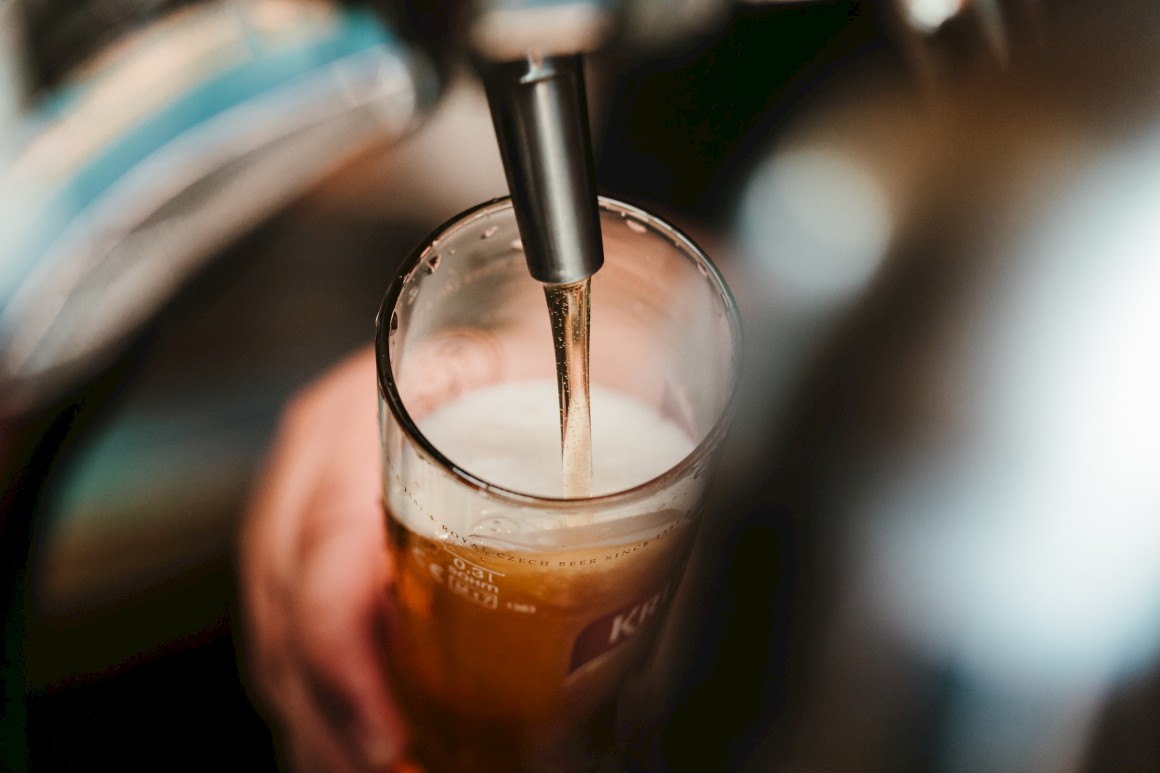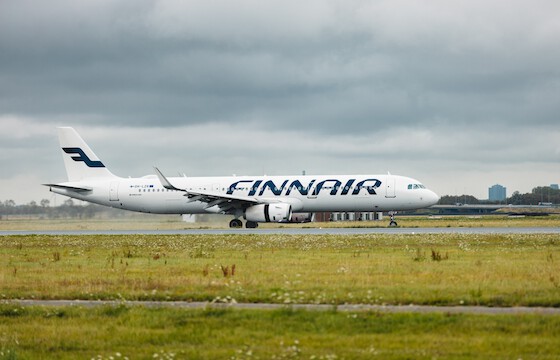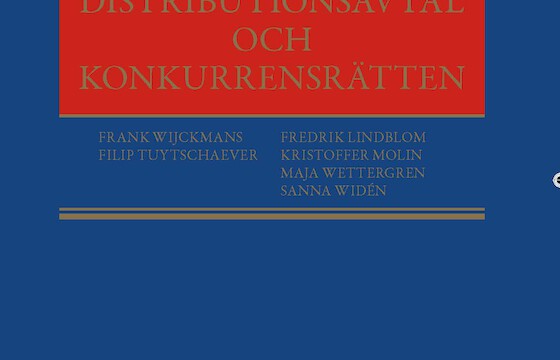In October 2023, the Swedish Competition Authority (the ‘SCA’) closed its four-year long investigation into the exclusivity agreements of Carlsberg Sverige AB (‘Carlsberg’) and Spendrups Bryggeriaktiebolag (‘Spendrups’) (together the ‘Breweries’), following voluntary commitments from the Breweries. The Breweries are active in the distribution and manufacturing of beer and other beverages. Carlsberg has a global presence, while Spendrups is mainly active in Sweden.
The investigations were initiated in 2019 and 2020 respectively, following a complaint to the SCA. The complainant argued that the Breweries applied exclusivity agreements for the sale of beer to customers in the hotels, restaurants and cafés (“HoReCa”) sector, and that these agreements had an exclusionary effect.
The beer distribution agreements applied by the Breweries constituted so-called main supplier agreements, whereby the customer agreed to designate Carlsberg or Spendrups respectively as their main supplier of beer and other beverages. Under the agreements, the customers agreed to purchase the majority of their demand for beer from Carlsberg and Spendrups respectively.
The SCA’s investigation was focused on three contractual obligations, whereby the customers were obligated to: (i) purchase a given percentage of their total sales volumes from their main supplier, (ii) purchase a given volume of beer in litres from their main supplier and (iii) only use the beer taps provided by their main supplier for the products purchased from their main supplier. In exchange, the customers received economic benefits, such as volume rebates and financing. However, failure to comply with the obligations could result in sanctions for the customers.
During a preliminary assessment, the SCA established that the relevant market consisted of the sale of strong beer (over 3.5% alcohol by volume) to the HoReCa sector in Sweden. The Vertical Block Exemption Regulation was not applicable to the agreements in question since the individual market shares of each of the Breweries exceeded 30%.
According to the SCA’s preliminary assessment, the main supplier agreements had the effect of foreclosing competition between breweries by restricting the ability of rival breweries to provide ancillary deliveries to the customers of Carlsberg and Spendrups. The SCA considered that the obligations created incentives for the customers to limit their purchases from competing breweries in order to fulfil their contractual obligations. Moreover, the main supplier agreements of the Breweries effectively bound more than 50 - 65% of HoReCa' customers, which the SCA considered as a strong indication for the existence of cumulative foreclosure effects.
The Breweries proposed behavioural remedies according to which the contractual obligations and the sanctions would be relaxed, so as to enable ancillary deliveries from competing breweries and to promote a greater freedom of choice for customers. The SCA found this to be sufficient to alleviate the competition concerns it identified.
The Breweries’ commitments will be in force for six years starting from 1 December 2023 subject to penalty of a fine of 50 million SEK (approx. 4.7 million EUR) for Carlsberg and Spendrups respectively.
Source
The SCA’s decision in case no 706/2019, Carlsberg and 248/2020, Spendrups.





Sign in to post comments